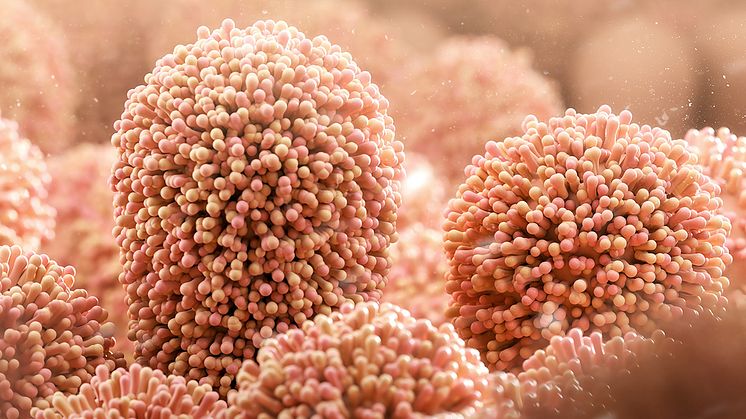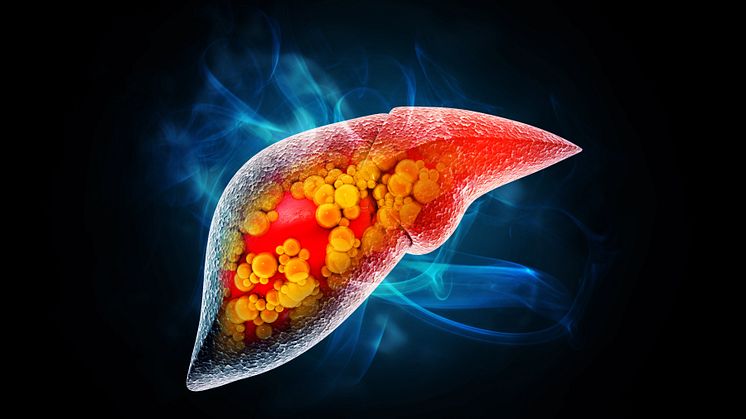
Press release -
AOECS Scientific Research eBook reveals: Coeliacs adhering to a gluten-free diet still experience symptoms
Brussels, 2023/12/13 - Coeliac disease affects millions of individuals worldwide, causing adverse reactions to gluten consumption. Often people are unaware of suffering from this condition but even if you are diagnosed it can diminish your quality of life research in the newly released AOECS Scientific Research eBook reveals.
The Association of European Coeliac Societies (AOECS) is proud to announce the release of a new comprehensive Scientific Research eBook, featuring 15 abstracts on interesting current-day research related to coeliac disease. This initiative aims to raise awareness, foster innovation, and encourage further exploration into this chronic autoimmune disorder.
Many coeliacs experience symptoms, despite strict adherence to a gluten-free diet
Research presented in the Scientific Research eBook reveals that despite adhering to a gluten-free diet, many patients continue to experience persistent gastrointestinal symptoms. Two studies published in the eBook delve into this phenomenon and the need for potential solutions to improve the quality of life for those living with diagnosed coeliac disease.
- Right now we know that despite trying to maintain a gluten-free diet, most people are getting exposed to gluten, at least occasionally. Mostly that's inadvertent. That's accidental exposure because gluten is everywhere in the environment, says Daniel Leffler, medical director for the coeliac programs at Takeda Pharmaceuticals and gastroenterologist specializing in coeliac disease.
Treatment to mitigate symptoms in addition to a gluten-free diet could be within reach
A drug to help protect against accidental gluten exposure could be a reality within just a few years. Right now, clinical phase two tests in North America and Europe are being conducted on a drug that improves intestinal damage. If these are positive, it could lead to going into final trials and phase three and possibly being released on the market by the end of this decade.
- So I am hoping that by the end of the decade, 2028, 2029, something in that range we will have the first approved therapies for coeliac disease to assist in the gluten-free diet on the market. And again, I do want to make it clear that therapies are not a replacement for a gluten-free diet. They're for people who are on a gluten-free diet, but still not doing as well as they would like to to have better disease control, better future outcomes, and better quality of life, Daniel Leffler concludes.
Discover more current research done in the field of coeliac disease
The abstracts featured in the eBook cover a wide range of topics, including emerging diagnostic techniques, delays in diagnosing coeliac disease, and the nutritional value of following a gluten-free diet to mention a few. Each abstract presents valuable insights and encourages further investigation into this complex and stealthy autoimmune disorder.
AOECS invites journalists and professionals in fields related to coeliac disease to access the Scientific eBook and utilize the information in their reporting, research, or clinical practices. By sharing this knowledge, we can work together to improve the lives of individuals affected by coeliac disease and drive progress in the field.
To download the Scientific eBook and learn more about AOECS's efforts in supporting coeliac disease research, please click here.
Related links
Topics
Categories
Association of European Coeliac Societies (AOECS) is an independent, non-profit organization working for a better life for people affected by celiac disease. AOECS represents 38 national coeliac societies from 34 European countries on an international stage.








